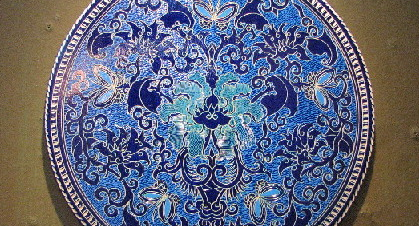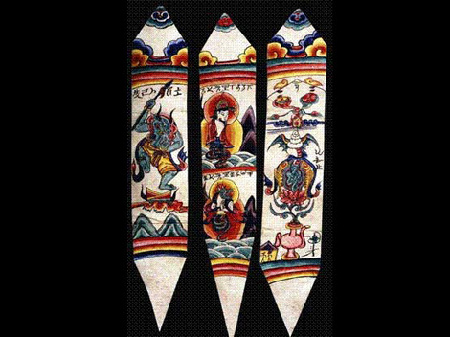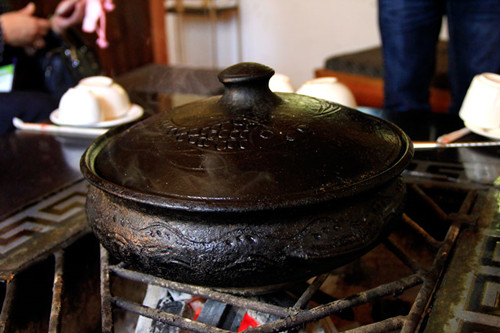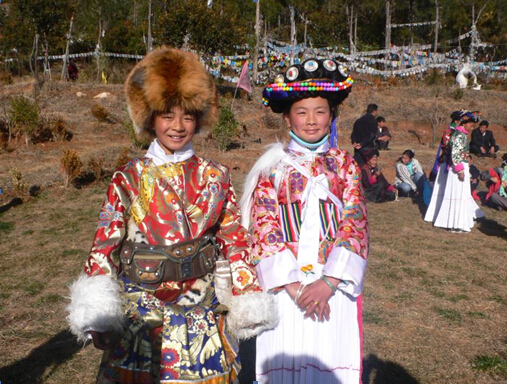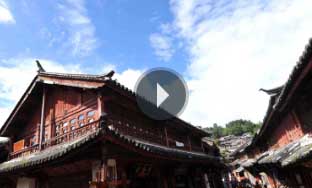Pumi food
The Pumi ethnic minority mainly lives in Yunnan Province in southwest China.
Pumis live on maize. They usually have three meals a day. Breakfast usually includes wheaten snacks and buttered tea or salty tea, and lunch and supper are dinners.
The meat usually comes from the livestock and domestic fowls they raise. Pumis often boil and roast meat, seldom fry it. Lute Meat is the most well known. The way of cooking is to remove the viscera and all bones from a killed live pig, cast salt and prickly ash into the belly, stitch it, and preserve it as a whole salted pig, which looks like a lute, hence the name Lute Meat. It is a special delicacy to entertain guests.
Pumis plant many walnut trees. Apart from eating walnuts raw, they use most walnuts to press oil which can be used to fry rice cake, and light up, etc.
Pumis are very respectful for the seniors, and take good care of them. In Pumi villages, seniors of 70 and above usually have a food cabinet at the bedside, which contains various foods. On festive occasions, all households in the village will send a gift to the seniors in the village.
Pumis cannot live without tea. They usually drink three times a day: once in the morning, atnoonand in the evening respectively.

